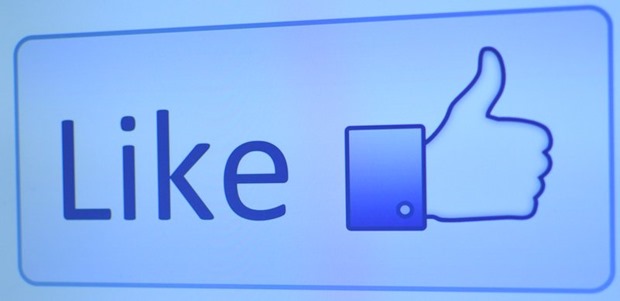Your Facebook Likes Can Reveal Your Emotional Instability & Desire For Alcohol

Two scintillating, and hard hitting psychological studies have been conducted on the human psychology behind Facebook usage, and the results are surprising. The likes, comments and status updates are much more than simple clicks and taps – they are in fact like that crystal ball which can reveal what is going inside the user’s minds.
If we believe the results coming out from these studies, then it seems that Facebook holds the key to understand human behavioral weaknesses; and the journey has just started.
Relationship Fears, Emotional Instability & Facebook Likes
Do you know any Facebook user who frequently posts on Facebook, sometimes after every couple of hours? Does he or she post comments and likes on other’s posts after every 5 minutes, leaving no one from the newsfeed? Does his or her comments are self-centric, narcissist and attention-grabbing?
Chances are that there is some kind of relationship issues, and what that person is actually doing is seeking validation of their thinking and assurance to calm their nerves.
These starling results were derived from a study titled: “Attachment theory as a framework for explaining engagement with Facebook”. It was published in the journal Personality and Individual Differences.
The results from the study show that relationship insecurity leads to hyper activity on Facebook. Such people needs lot of self-assurance that they are loved and pampered, and are generally very sensitive to other people’s views about them.
Joshua Hart, associate professor of psychology at Union College and the lead author of the study said, “Compared to more secure people, those higher in attachment anxiety are more feedback sensitive. They report feeling much better about themselves when they get a lot of comments, likes and other feedback on their posts and worse about themselves when their Facebook activity generates little attention.”
The study concluded that there are basically two types of persons on Facebook:
a) Those who are higher in attachment anxiety, and
b) Who are higher in extraversion.
The study primarily analyzes the A category Facebook users, for finding out the reasons which force them to fulfill their emotional and relationship needs on the Internet.
About those persons who are extrovert in nature, and are very active on Facebook, the study doesn’t derive any psychological conclusions, and have left an opening for future research.
The study interviewed 600 people in the age group 18-85 years, seeking their actual relationship status and problems in real life, and analyzed their Facebook posting habits to derive the results.
Desire for Alcohol & Facebook Posts
Researchers from Michigan University selected 400 students, and showed them three Facebook Pages, which had alcohol marketing posts, paired with: a) An image which glorified and promoted drinking alcohol; b) A graphics which was an anti-drinking campaign created by public service department and c) A non-alcohol ad such as advertisement for banking or mutual funds.
It was observed that those who liked/commented or shared these alcohol marketing post paired with an image which encouraged drinking, were more likely to consume alcohol as their brain has picked up the subtle communication and their desires have manifested, sub consciously. The more the engagement, the greater are the chances that the person will consume alcohol very soon.
On the other hand, those who didn’t take any action such as like, comment or share, they were not interested in drinking, even if they consume alcohol in general. Now, for the other two page which had anti-drinking post with an alcohol marketing post and a non-alcohol ads, the results were the same: more the engagement, greater are the chances that the person will consume alcohol.
This means that the alcohol related social media communication on Facebook, which led to some action, actually encouraged drinking, even if the associated image tells to stop it or shows any other product in the graphics.
Saleem Alhabash, an assistant professor of advertising and public relations who headed up the study at Michigan University, said, “Alcohol content is everywhere. Underage drinkers will see these ads, think they’re cool, and then like or share. They interact with it and start thinking about it.”
Although the study of human behavior using Facebook as a lamp-post is still in nascent stage, as there lots of variables which cannot be controlled or tested. However, these studies show us a glimpse, gives us a hint regarding the Facebook effect on human psychology.
